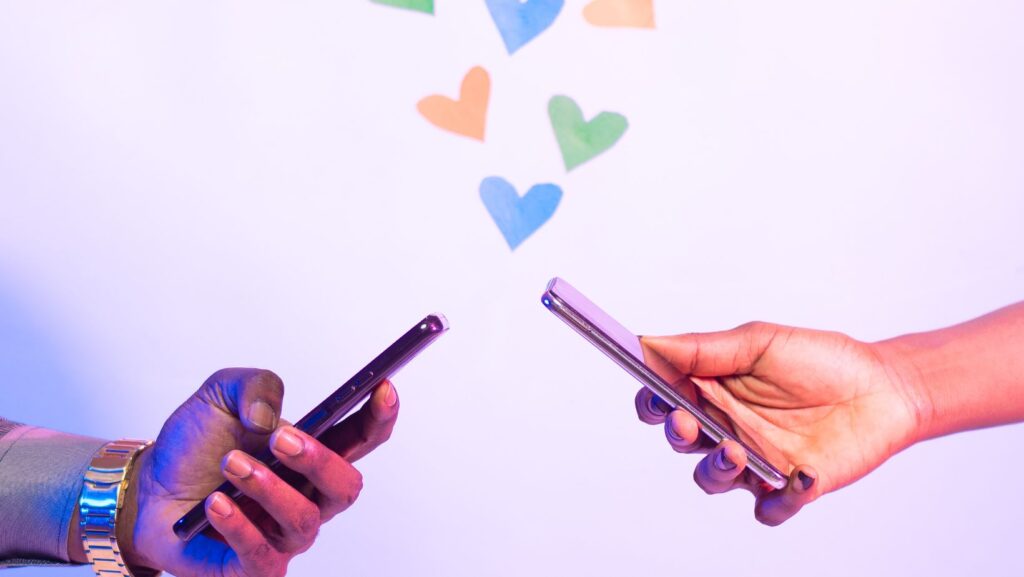In the age of rapid technological advancement, numerous innovations have transformed our social lives. Among them, dating apps stand out for their ability to connect individuals from different parts of the world. Even as you dive into this topic, it’s essential to acknowledge that, much like the lure of online gaming platforms like TonyBet, the realm of virtual romance is not without its pitfalls. Specifically, dating apps can have a potentially detrimental impact on an individual’s mental health.
1.The Paradox of Choice
Barry Schwartz, in his book “The Paradox of Choice,” highlights how having too many choices can lead to anxiety and dissatisfaction. When applied to dating apps, users are often presented with an endless array of potential partners, leading to decision paralysis. Instead of feeling grateful for the plethora of options, users may feel overwhelmed, doubting their choices, and constantly wondering if there’s someone better out there.
2. The Commoditization of Humans
With the swipe-left or swipe-right mechanism, there is an inadvertent commoditization of humans. Profiles are reduced to a few photos and a brief bio, prompting snap judgements based on superficial attributes. This objectifying approach can have negative effects on self-worth, with users feeling the pressure to curate “perfect” profiles. Moreover, being on the receiving end of rejections or ghosting without clear explanations can exacerbate feelings of inadequacy.
3. The Amplification of Rejection
Rejection is a natural part of the dating process, but on dating apps, it can be amplified. With traditional dating, one might face rejection occasionally, but on apps, this can happen multiple times in a single day.

Each swipe left, unread message, or unreciprocated interaction can feel like a mini rejection, potentially affecting self-esteem and reinforcing negative self-beliefs.
4. The FOMO Effect
FOMO, or “Fear Of Missing Out,” is the anxiety that an exciting or interesting event may currently be happening elsewhere, often aroused by seeing posts on social media. On dating apps, this manifests when users constantly check for matches or messages, driven by the fear of missing out on potential partners. This relentless checking can become obsessive, leading to increased stress and reduced overall satisfaction.
5. Disruption of Organic Relationships
Before dating apps, people often met potential partners through shared activities, interests, or mutual friends. These organic encounters allowed for shared experiences and gradual relationship-building. With the rise of dating apps, there’s a risk of missing out on these serendipitous meetings and the rich, multifaceted relationships they can foster.
6. Unhealthy Comparisons
It’s natural for humans to compare themselves with others. However, dating apps intensify this tendency by presenting a curated selection of people, often showcasing their best moments or attributes. This can lead to feelings of inadequacy, as users may perceive others as having better lives, looks, or experiences. Over time, these comparisons can erode self-worth and foster feelings of envy or resentment.
7. The Illusion of Intimacy
Digital interactions can sometimes create an illusion of intimacy. The barrier of the screen can make it easy to share personal details or feelings prematurely.

While this can feel like rapid relationship progression, it often lacks the depth and understanding that come from face-to-face interactions. This disparity between perceived and actual intimacy can lead to disappointments and emotional upheavals when the virtual relationship transitions to reality.
8. The Pressure of Perpetual Availability
In today’s digitally connected world, there’s an unspoken expectation to always be available. Dating apps, with their real-time notifications, amplify this pressure. The need to promptly respond to messages or risk appearing disinterested can be exhausting, leading to burnout. For many, the continuous buzzes, beeps, and alerts can increase anxiety levels, especially if they feel they’re always “on call” for potential matches.
All in all, while dating apps offer convenience and a broad selection of potential partners, it’s crucial to approach them with awareness of their potential impact on mental health. Responsible use of dating apps is essential. This involves recognizing the effects they might have on your well-being, setting boundaries, and seeking real-life interactions to balance the virtual world. Ultimately, technology should be a tool to enhance our lives, not diminish our mental and emotional well-being.


More Stories
Unlock The Magic: Crafting An Unforgettable Wedding Photobook Experience
Hobbies To Take Up In 2025
Creative Problem Solving Using Design Thinking